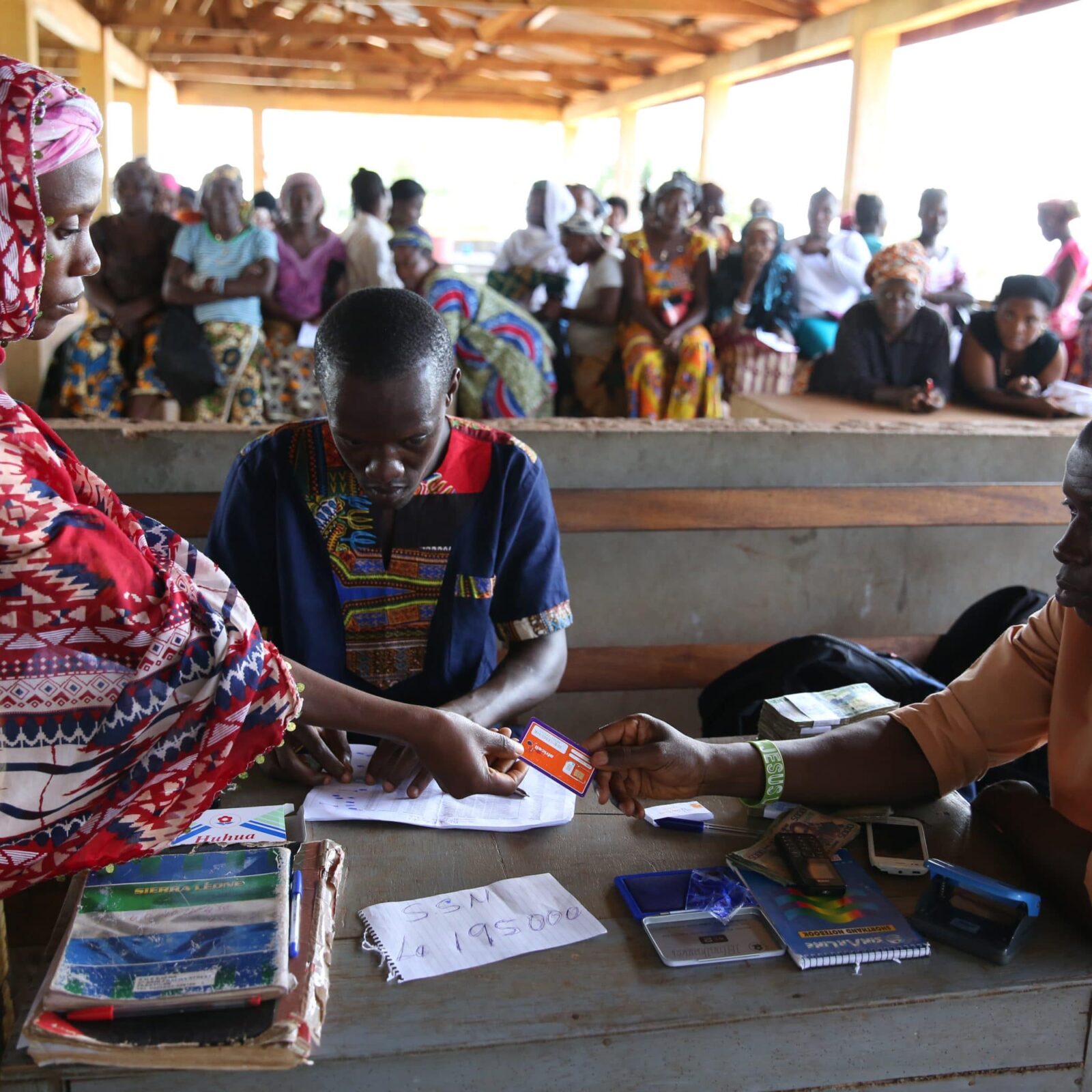Social protection is increasingly considered a relevant instrument for inclusive growth. This reflects a substantial change of perspective. Good health is an important component of inclusive growth. Cash transfers and social health protection share similar objectives, but the relationship between both has not yet been thoroughly addressed. The research project ‘Breaking the Vicious Circle of Poverty and Ill-Health. Are Cash Transfers and Social Health Protection Policies in Ghana and Kenya Complementary?’ aims to develop new strategic knowledge on the effectiveness of cash transfer programmes and social health protection policies in Ghana and Kenya. It especially focuses on the accumulation of health related human capital and its spill-over effects on intermediate inclusive growth objectives and, in particular, addresses poor women and children. It seeks to understand if and under which conditions these policies are complementary. The research project extends existing research by combining cost-effectiveness with politi-cal-economic considerations. This is achieved by engaging in a multi-level and interactive process of co-production of knowledge between researchers, ministries and practitioners.

Social and Health Policies for Inclusive Growth
Breaking the vicious circle between poverty and ill-Health: Are cash transfers and social health protection policies in Ghana and Kenya mutually complementing?’
Led by Dr. Nicky Pouw, University of Amsterdam, the Netherlands
Keep reading